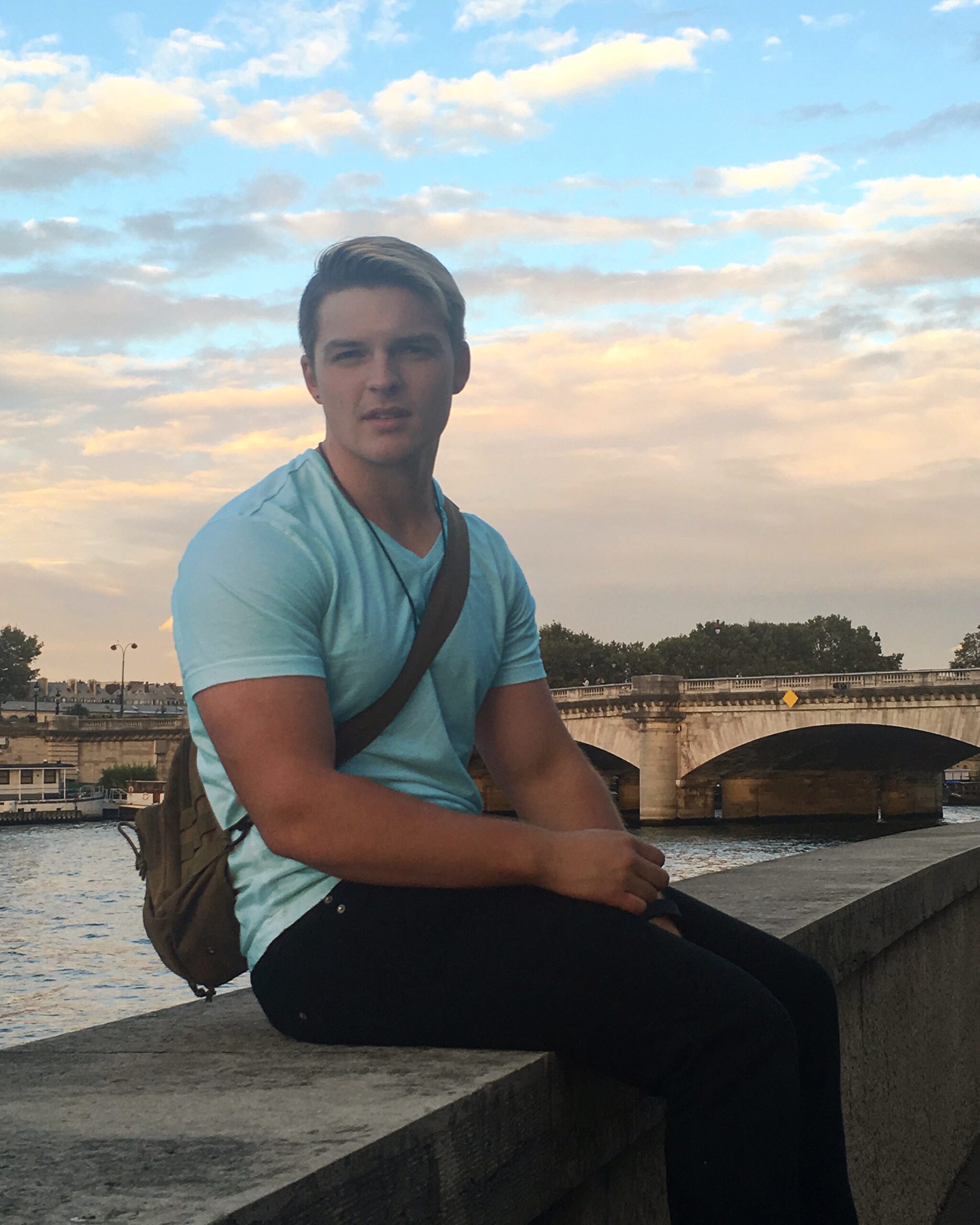Casey Morgan Luc, ‘17, The George Washington University, shares his experience of studying and working in Paris, France during his first semester. On my first morning before my internship, I was nervous as I represented my study abroad program, the Council on International Education Exchange (CIEE) in Paris. It was the first time CIEE had […]
Immersed in the Abroad Experience
